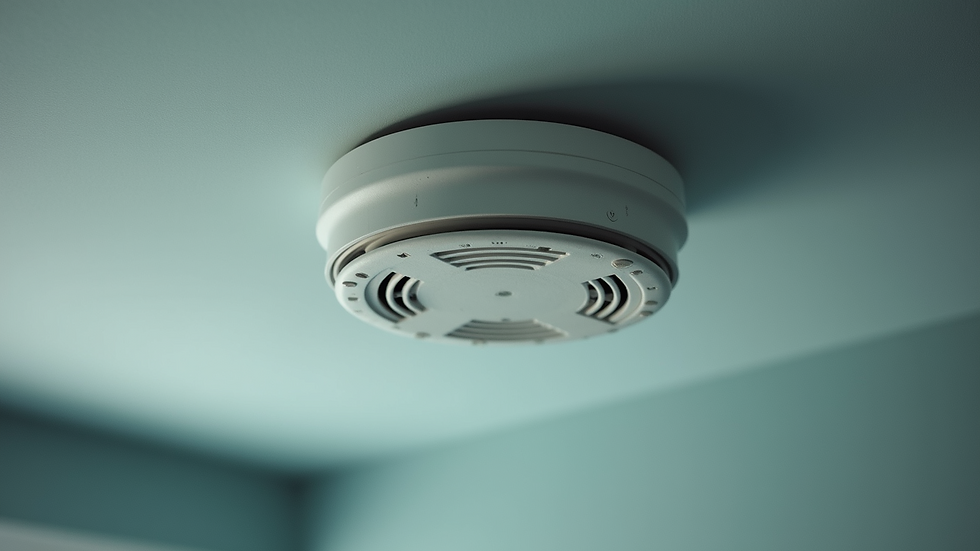Essential Fire Safety Tips to Protect Your Home and Family: A Comprehensive Guide for Prevention and Preparedness
- HCESD #2

- Mar 18, 2025
- 3 min read
Fires can spread quickly, leading to significant losses of property and even lives. Each year, thousands of homes are affected by fires, with the National Fire Protection Association reporting that in 2021 alone, fire departments in the U.S. responded to approximately 1.4 million fires. Understanding fire prevention and preparedness is essential to keeping your loved ones safe. HCESD 2 is committed to fire protection services, but effective prevention starts with each of us. Here are crucial fire safety tips to help protect your home and family.
Fire Prevention Tips
Check Smoke Alarms Regularly
Smoke detectors should be installed in every bedroom and common area. These devices serve as your first line of defense against fire. Test your alarms monthly and replace batteries at least once a year. Did you know that homes with working smoke alarms reduce the risk of dying in a fire by nearly 50%?

Practice Safe Cooking Habits
Cooking is a leading cause of home fires, responsible for 49% of all residential fires, according to the NFPA. Always stay in the kitchen while cooking, and ensure flammable items like dish towels or paper products are kept away from the stovetop. When finished, don’t forget to turn off all appliances to avoid accidental ignitions.
Keep Heating Sources Safe
Heating equipment is involved in one in every six reported home fires. Ensure heaters are placed at least three feet away from anything flammable, such as paper, clothing, and furniture. Never leave heaters unattended, especially during colder months when they are used most frequently.
Avoid Overloading Electrical Outlets
Overloaded circuits cause 5,300 home fires annually. Use surge protectors to safeguard your electronics and never plug more than one high-wattage appliance into a single outlet. Regularly inspect extension cords for frayed wires and replace them immediately if you notice any damage.
Store Flammable Materials Properly
Store items such as gasoline, paint, and cleaning solvents in a well-ventilated area away from heat sources. For example, keeping gasoline in a shed or garage can significantly reduce the risk of accidental fires.
Creating a Home Fire Escape Plan
A well-planned escape strategy can save lives. Here’s how to prepare your family:
Identify Two Exits
Every room must have at least two ways out. Ensure that doors and windows are easily accessible. In homes where windows are the only exit, ensure they can be opened quickly in an emergency.
Establish a Meeting Point
Designate a safe gathering spot outside your home where everyone can meet after escaping. This helps ensure that all family members are accounted for during a fire emergency.
Practice Fire Drills
Conduct regular fire drills to familiarize your family with the escape plan. Practicing these drills can significantly increase your children’s response time. In fact, homes that practice fire drills can improve evacuation times by up to 40%.
HCESD 2’s Commitment to Fire Safety
HCESD 2 is devoted to providing fire protection services and community education for the Delta Area. By following these fire safety guidelines, you can minimize fire risks and protect your family.

Remember, fire safety is a collective responsibility—stay prepared and stay safe!
Taking Action for Fire Safety
By understanding and applying these fire safety tips, you are not just safeguarding your home and valuables; you are also protecting the lives of your family and loved ones. Regularly checking smoke alarms, practicing safe cooking, and implementing preventive measures make a substantial difference in fire safety.
Creating a thorough fire escape plan and participating in community programs like those provided by HCESD 2 further highlights our shared responsibility in ensuring safety. Be proactive, educate others, and remember that prevention is the best defense against the unexpected.









Comments